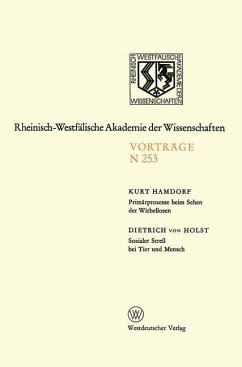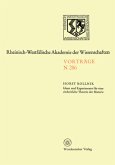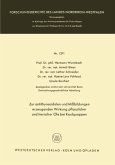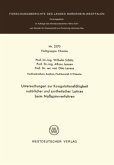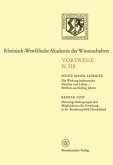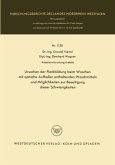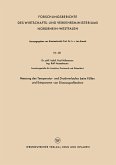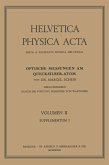Christian's concept proposes that the growth of mammalian populations is regulated by density-dependent stress reactions due to social interactions. It is discussed why, until now, there is little clarification of the particular stimuli emitted from con specifics which lead to stress reactions. The main part of the paper presents an overview of experiments on tree-shrews (Tu paia belangeri). These animals are particularly suited for an investigation into the causes of social stress, because the stressing effect of a given situation can directly be observed. Some ethological and physiological consequences of increasing stress are mentioned (e. g. the effects on fertility, growth and health of the animals). The social situations, or stimuli arising from con specifics, which cause the stress reactions are: A density-effect: its extent depends solely on the number of mature animals of the same sex, resp. their chemical markings, in the cage (without aggression). It can inhibit the repro ductive processes of females by disturbing the maternal behaviour, and therefore check the growth of the group. It is, however, not effective enough to cause sterility or even death in males or females. A psychosocial effect: its extent is based on dominance relationships that require at least one fight between the animals. It can result in sterility in both sexes, and even in death within a few days. Death is brought about by uraemia, which results from ischaemia or even anaemia of the kidneys.
Bitte wählen Sie Ihr Anliegen aus.
Rechnungen
Retourenschein anfordern
Bestellstatus
Storno

